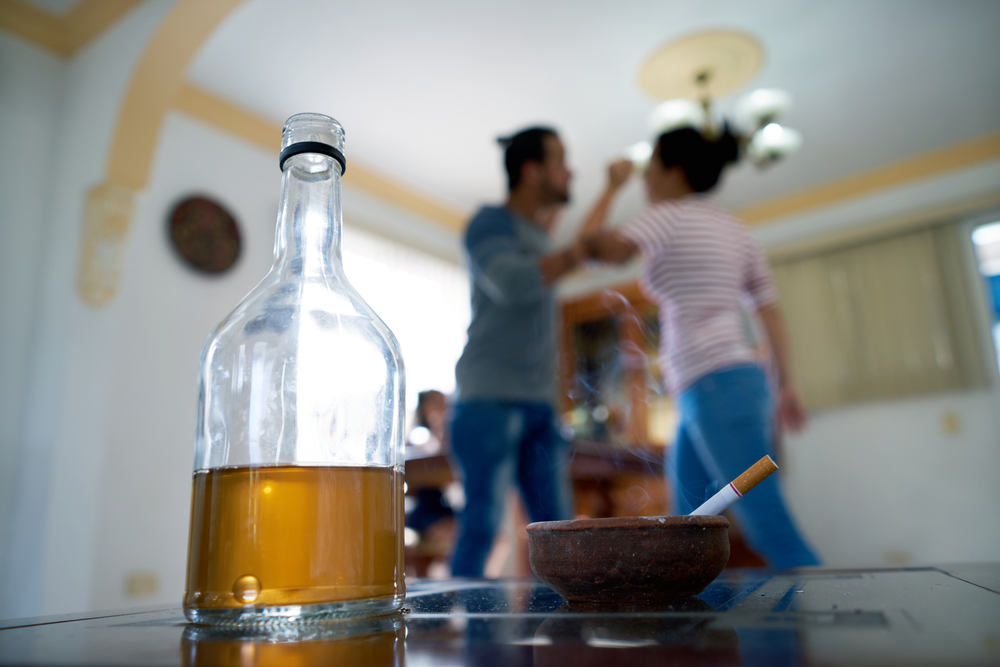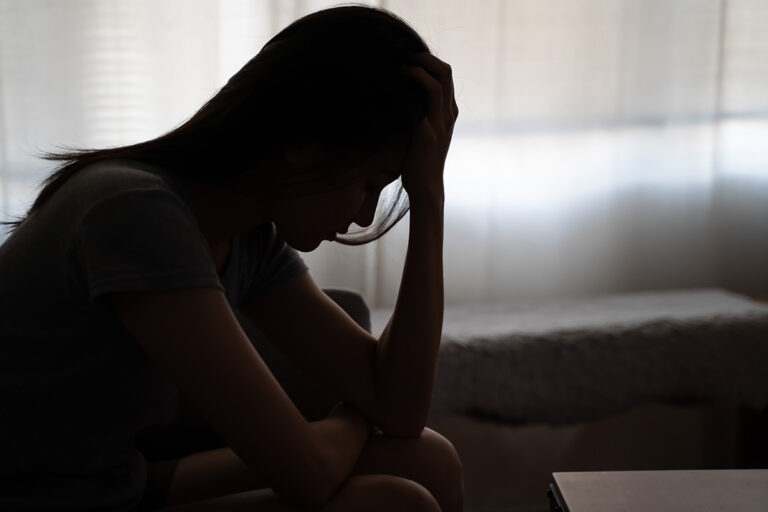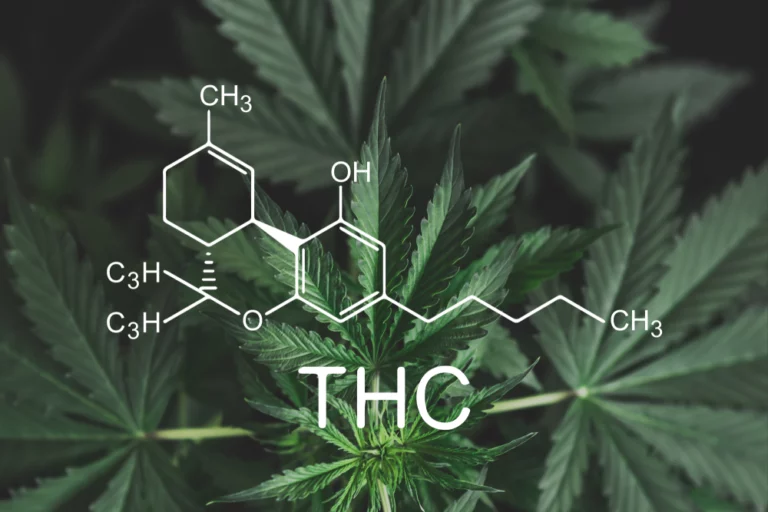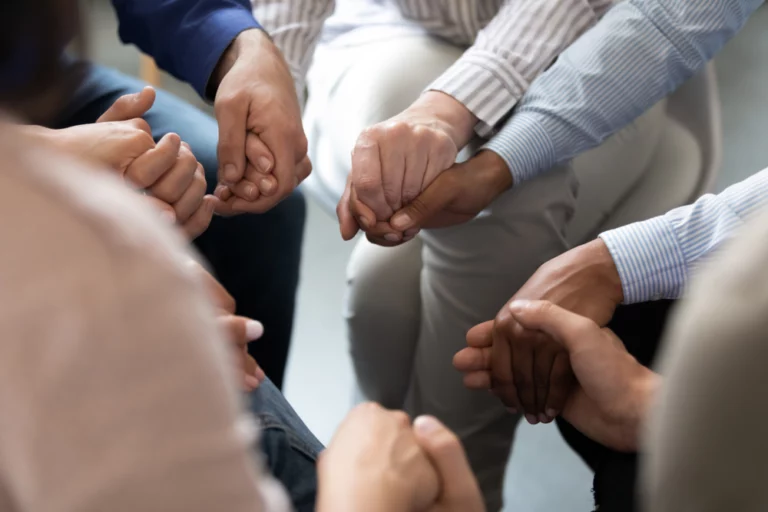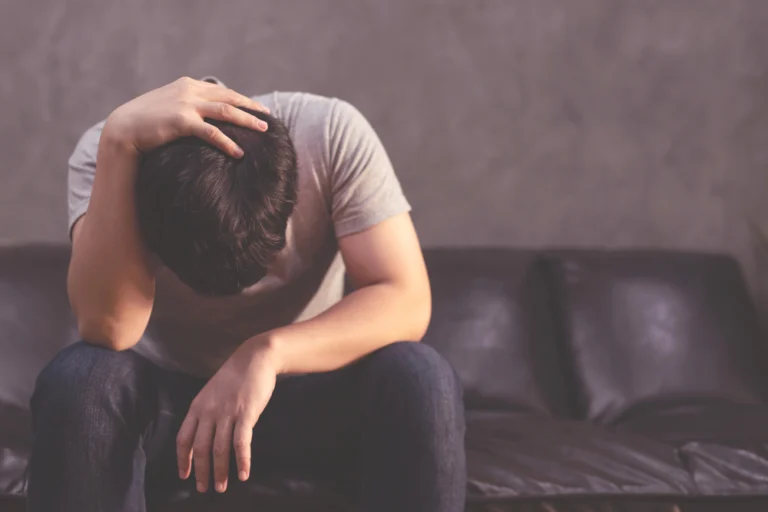When Alcohol Ruins Relationships: How to Heal a Drunk Relationship
When alcohol becomes an unhealthy coping mechanism or addiction in a relationship, it can seriously damage intimacy and trust. Over time, the sober partner may become codependent, putting the drinker’s needs first to avoid conflict. Resentments build, attraction fades, and the relationship suffers. The codependent partner feels lonely, unloved, and unable to meet their needs.
According to a study conducted by the Journal of Studies on Alcohol and Drug Use in 2014, alcohol abuse, also known as alcohol use disorder, increases the chances of divorce and reduces relationship satisfaction by more than 48.3%. The non-drinking partner often feels anxious, ignored, or resentful. Financial troubles, health issues, and lack of emotional support frequently arise. Arguments, hurtful behavior, broken promises, and distrust become commonplace.
In this article, we will discuss how drinking affects relationships, how to manage problems with alcohol in your relationships, and how alcohol and codependency impact each other.
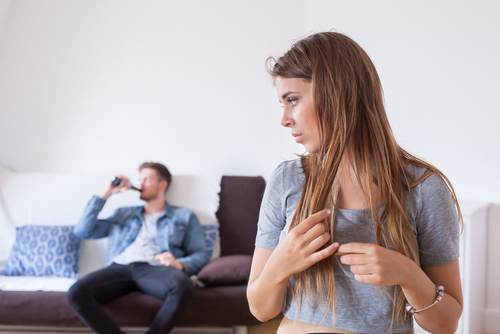
How Does Drinking Affect Relationships?
Drinking alcohol can significantly impact relationships, both in personal and social contexts. While moderate alcohol consumption might not necessarily lead to negative outcomes, excessive drinking can contribute to various challenges and strains within relationships. It’s important to note that all relationships may be impacted by alcohol use in different ways. However, heavy drinking can impact relationships by altering mood, lowering inhibitions, straining communication, engaging in unhealthy behaviors, and reducing intimacy.
Altered Mood and Lowered Inhibitions
Even in moderate amounts, drinking can change how you feel and act, affecting decision-making, emotions, and communication. This can result in poor choices or starting fights. If one partner drinks more, the other may feel anxious or neglected. An imbalance in shared activities and diminished quality time together can also arise. Open communication about drinking preferences and their potential effects is crucial for navigating these dynamics and maintaining a healthy relationship.
Strained Communication
Under the influence, you have trouble listening and expressing yourself clearly. Conversations become difficult, and issues get brushed aside rather than worked through. Over time, this erodes intimacy and trust within the relationship. As unresolved matters build-up, the bond between partners weakens as they feel less understood, valued, and emotionally connected.
Risky or Unhealthy Behaviors
Drinking too much can fuel codependence, where one partner enables the other’s harmful drinking behaviors by providing support or covering up the negative effects. It also contributes to domestic violence, whether physical, verbal, or emotional. These damaging behaviors destroy relationships by undermining trust and respect while compromising emotional well-being.
Reduced Intimacy
Regular or heavy drinking often harms couples’ sex lives. The effects of alcohol on the body and mind make it challenging to establish both emotional and physical connections while under its influence. The depressive effects of alcohol can lead to reduced sensitivity and reduced arousal, affecting desire and overall sexual performance. In some cases, alcohol-induced impairment might lead to difficulties in achieving an erection and reduced sexual responsiveness. Over time, these challenges can create distance between partners, impacting their emotional bond and leaving them feeling unsatisfied and disconnected.
Recognizing Signs of Alcohol-Induced Relationship Problems
While we know how alcohol can affect relationships, it’s important to recognize the signs of these alcohol-induced problems. These signs may be missed early in their excessive drinking as they may start subtly and worsen over time. Some of the most common signs to be aware of are:
- Sexual Issues: When alcohol impacts the quality of sexual experiences or decreases sexual desire, it can indicate a problem. Sexual issues can arise due to alcohol’s effects on arousal and cognitive functioning. This can result in erectile dysfunction, limit or prevent ejaculation in men, and cause vaginal dryness in some women due to dehydration.
- Escalated Conflicts: Fights become more frequent, intense, or irrational after alcohol consumption. Alcohol affects your mood and decision-making. Regular arguments about your own or your partner’s drinking indicate that alcohol is damaging your relationship.
- Emotional Disconnect: As one partner engages in excessive drinking, emotional detachment from their partner can occur. This can then cause honesty and trust to break down. If you hide how much or how often you drink from your partner or pretend to drink less than you do, it erodes the foundation of your relationship.
- Codependency: Codependence may develop as one partner’s drinking takes priority over the health and well-being of the relationship. Relying on alcohol to connect with your partner, spending most social time drinking together, and making excuses for each other’s drinking are signs you’ve become codependent.
- Isolation from Friends and Family Members: Choosing to drink alone or avoiding social interaction in favor of drinking indicates that alcohol isolates you from friends and loved ones. This isolation can lead to strained relationships and further isolate the couple.
- Neglecting Responsibilities: If drinking leads you or your partner to neglect work, household duties, childcare, or self-care, alcohol has become a higher priority than the relationship. Neglecting these essential responsibilities can build resentment and an imbalance in the relationship, resulting in more conflicts and problems.
- Physical or Verbal Aggression: Excessive alcohol impairs self-control and amplifies aggressive behaviors, increasing the likelihood of hurtful actions. The presence of any physical, verbal, or emotional abuse during or after drinking is a significant problem. Apologize sincerely for aggression or violence, get help, and avoid drinking.
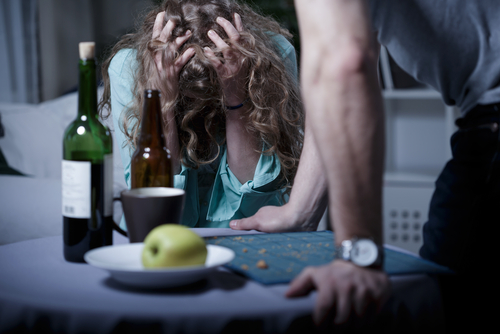
How to Heal Within a Drunk Relationship
To heal or manage problems with alcohol in your relationship, there are several ways to help. Recognizing the potential harm that alcohol can cause and being willing to address these problems is essential in creating a healthy relationship. Some of the most common ways to do this include:
Set Clear Boundaries
Tell your partner how their drinking makes you feel and that you won’t tolerate hurtful behavior. Be specific about what is and isn’t okay. For example, say that harsh criticism or name-calling is unacceptable. Enforce consequences if those boundaries are crossed. Don’t make excuses for their behavior or cover for them. This will only enable the addiction to continue.
Spend Time Apart
Take space for yourself to avoid being consumed by their addiction. Make it clear that you need to limit contact until they get help. Let close friends and family know you need their support right now.
Seek Counseling
Speaking to a counselor or relationship therapist can help give you tools for coping with an alcoholic partner. A professional can also help determine if the relationship is salvageable or if leaving is the healthiest choice.
Join a Support Group
Connecting with others in a similar situation can help reduce feelings of isolation and provide motivation. Look for local support groups for family and friends of those with substance use disorders. Hearing from others who have been where you are can help give you strength and hope.
Find Treatment
Encourage your partner to seek professional help through counseling, outpatient or inpatient rehab. Let them know their drinking is damaging your relationship and that you want to support them in getting better. Seek counseling or join a support group to help you deal with the emotional effects of being in a relationship with someone abusing alcohol.
How Does Alcohol and Codependency Relate?
When alcoholism is involved in a relationship, codependency often follows. The non-alcoholic partner typically feels responsible for the alcoholic and works hard to control their drinking. This codependent behavior involves making excuses, lying to protect the alcoholic, and taking on their responsibilities, allowing the alcoholic to avoid facing the consequences of their addiction. The codependent partner’s self-esteem becomes entwined with the alcoholic’s happiness, believing they can “fix” them, although they can’t control the addiction.
Breaking free of codependency requires acknowledging that you cannot change the alcoholic. You can only change yourself. Seek counseling or join a support group to build your self-confidence from within. Set boundaries to protect yourself, and stop enabling the alcoholic’s behavior. While this might encourage the alcoholic to seek help, the main objective is the codependent partner’s happiness and fulfillment, regardless of the alcoholic’s sobriety.
Leaving an alcoholic relationship is difficult, but codependency and substance abuse together create an incredibly toxic environment. With support, you can heal from codependency and build healthy relationships where you maintain your own identity and self-worth. The choice is ultimately up to the alcoholic to pursue sobriety – you can only control your recovery.
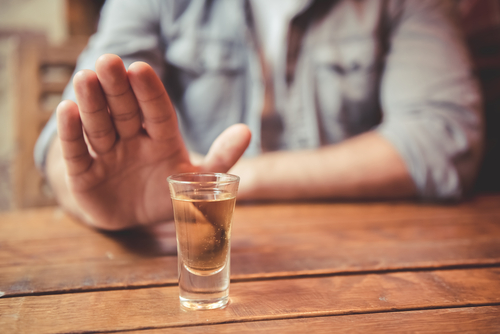
Seeking Help with Louisville Recovery Center
If alcohol damages your relationship, the most important step is seeking help. Both you and your partner should speak to medical professionals about treatment options, such as counseling or rehab. With the right treatment and ongoing aftercare, you can build a healthier relationship free from the harmful effects of alcohol. Speaking with others in similar situations can help provide empathy and support. There are many resources for people overcoming alcohol addiction and healing damaged relationships.
Reach out to Louisville Recovery Center for alcohol addiction treatment from licensed professionals. Call us at (502) 706-4406 to start the admissions process.

